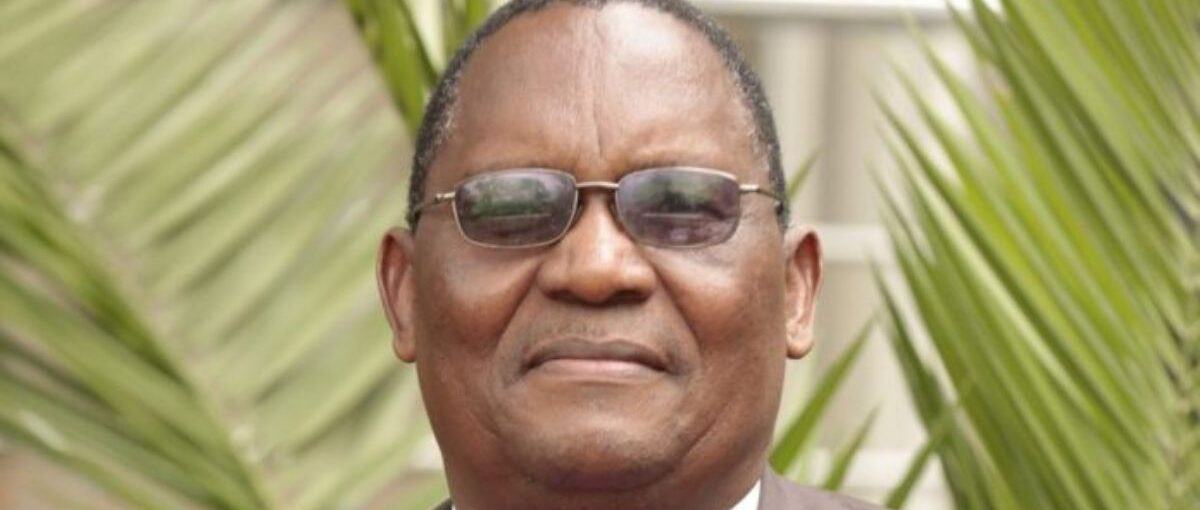A shocking audit has uncovered what investigators are calling one of the worst financial scandals in the history of Kenya’s churches, involving high-ranking leaders of the Methodist Church in the misappropriation of over 600 million Kenyan shillings (about $4.6 million).
Initially reported by Kenya’s Daily Nation on Wednesday, these findings come from an audit conducted by Ronalds LLP along with a seven-member committee appointed by the church.
“During the audit, we couldn’t secure grant agreements, narrative reports, and participant lists, which are crucial for verifying whether these projects were carried out according to the signed donor agreements,” the report stated. The audit showed that food aid meant for communities affected by drought was systematically misappropriated, with senior church officials accused of running a complex scheme involving forged receipts, fake suppliers, and non-existent projects.
It’s alleged that relief food was stolen and sold, while payments were made to companies that auditors claim do not exist. This scandal comes as faith-based organisations in Kenya are under increasing scrutiny regarding their management of donor funds and public donations.
Kenya’s Ethics and Anti-Corruption Commission (EACC) has yet to announce whether it will start a formal investigation, but legal experts believe that the audit provides enough evidence to pursue criminal charges, including fraud, theft, and abuse of office. The Atheists In Kenya Society is calling on the Ethics and Anti-Corruption Commission to investigate and prosecute those found responsible.
In July, 2025, the Methodist Church in Kenya elected a new presiding bishop, raising hopes for a denomination that has faced the threat of schism due to bitter disagreements within its leadership. The Rev. Isaiah Deye, 61, was elected as the seventh presiding bishop at the 58th Annual Conference of the Church in Nairobi.
The bishop has led the church in an acting capacity since April, when Bishop Joseph Ntombura was removed from office due to allegations of mishandling church funds and investments in a hospital, a resort and a national university. The allegations had put Ntombura in conflict with other church leaders, leading Methodist churches across the country to begin moving to create their own autonomous conference.
The British Methodist Church established Methodism in Kenya in 1862. In 1967, four years after the country won its independence from the United Kingdom, the church, too, became independent and known as the Methodist Church of Kenya.
Join our WhatsApp Group. Send a WhatsApp Message to +254 799 919 66

